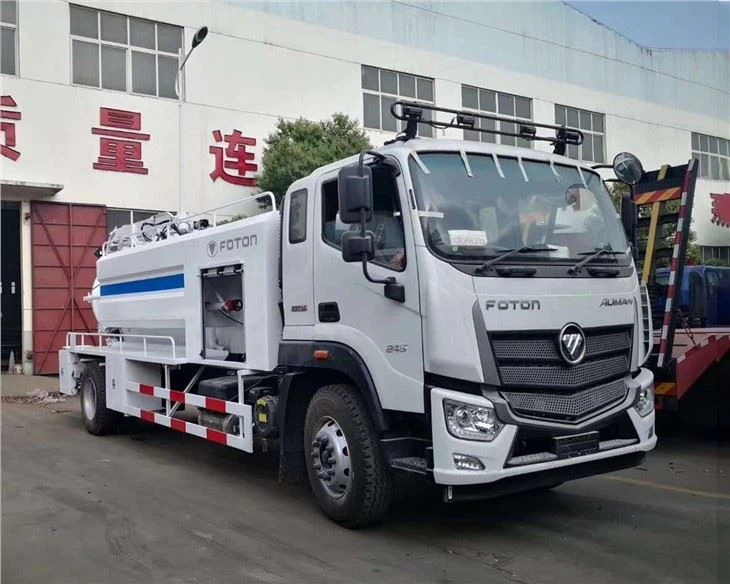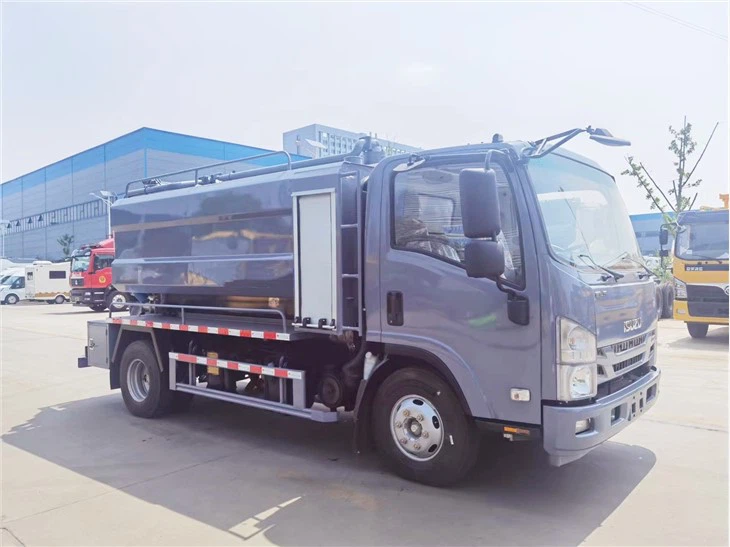The history of automobile manufacturing is a fascinating journey that intertwines innovation, culture, and economics. Spanning over a century, this dynamic industry has transformed how people move, connect, and live. In this article, we will delve into the key milestones, technological advancements, and notable figures that have shaped the automobile industry as we know it today.
The Early Beginnings of Automobile Manufacturing
The story of automobile manufacturing begins in the late 19th century, a period marked by invention and ingenuity. The first self-propelled vehicles paved the way for the modern automobile.
The Birth of the Automobile
In 1769, Nicolas-Joseph Cugnot created the first full-scale working automobile, a steam-powered tricycle. However, it was not until the invention of the internal combustion engine in the late 1800s that automobiles became practical.
Key Innovators of the Early Automobile Industry
- Karl Benz: In 1886, Karl Benz patented the Benz Patent-Motorwagen, widely considered the first true automobile.
- Gottlieb Daimler: Independently, Daimler developed a gas engine and founded Daimler-Motoren-Gesellschaft in 1890.
- Henry Ford: Ford revolutionized production techniques with the introduction of the assembly line in 1913, making cars affordable for the masses.
The Impact of Mass Production
Mass production was a game-changer for the automobile industry during the early 20th century, significantly reducing production costs and time.
Henry Ford’s Assembly Line
The introduction of the assembly line by Henry Ford in 1913 transformed manufacturing processes. It allowed Ford to produce the Model T in large quantities, making it accessible to the average American. By 1927, over 15 million Model Ts had been sold.
Benefits of Mass Production
- Lowered vehicle prices
- Increased affordability for consumers
- Boosted employment in manufacturing sectors
The Rise of the Automobile Industry Worldwide
As the automobile gained popularity, countries around the world established their manufacturing industries.
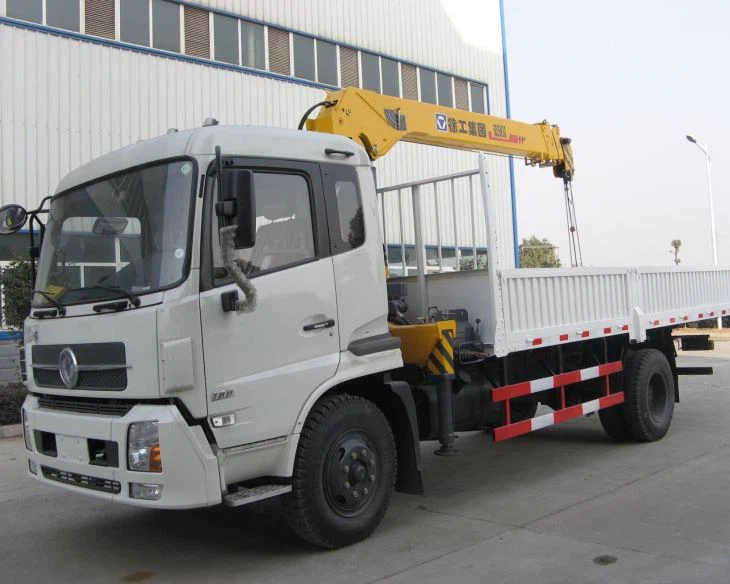
European Automobile Manufacturers
In Europe, several manufacturers emerged:
- Renault (France): Founded in 1899, Renault has played a significant role in automotive innovation.
- Volkswagen (Germany): Established in 1937, Volkswagen became famous for the Beetle, an icon of affordable transportation.
Japanese Automobile Manufacturing
The Japanese automobile industry took off in the mid-20th century with companies like Toyota, Honda, and Nissan pioneering quality and reliability in production.
Lean Manufacturing
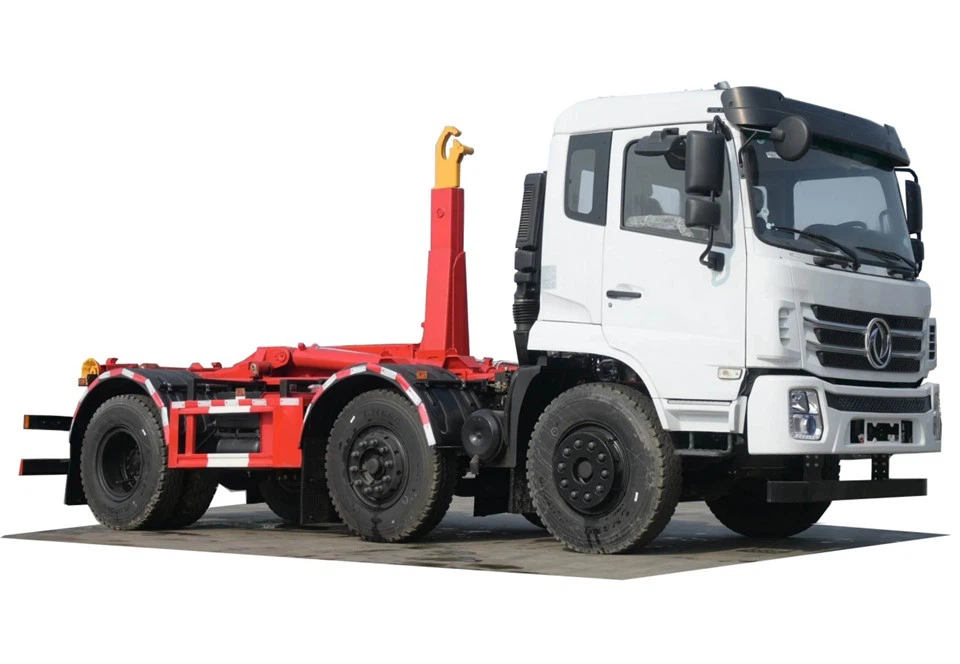
Toyota introduced the Toyota Production System (TPS), which emphasized efficiency and waste reduction, influencing manufacturing worldwide.
Technological Advancements in Automobile Manufacturing
The evolution of technology has played a crucial role in automobile manufacturing.
Key Innovations in Automobile Technology
- Safety Features: The introduction of seat belts, airbags, and crumple zones has enhanced vehicle safety.
- Fuel Efficiency: Advances in engine technology have made vehicles more fuel-efficient, reducing environmental impact.
- Electric Vehicles (EVs): The rise of EVs has signaled a significant shift towards sustainable transportation.
Table: Comparing Traditional Vehicles and Electric Vehicles
| Feature | Traditional Vehicles | Electric Vehicles |
|---|---|---|
| Fuel Type | Gasoline/Diesel | Electric Battery |
| Environmental Impact | Higher emissions | Lower emissions |
| Maintenance Costs | Higher | Lower |
| Range | Wider range | Improving range |
The Globalization of Automobile Manufacturing
With globalization, the automobile industry has become increasingly interconnected. Manufacturers now source components from various countries, leading to enhanced efficiency and reduced costs.
Emerging Markets and Production Trends
Countries like China, India, and Brazil have become major players in automobile manufacturing, producing vehicles for both domestic and international markets.
The Role of Automation
Automation has transformed manufacturing, increasing productivity and allowing for more precise production methods.
The Future of Automobile Manufacturing
The future of automobile manufacturing is poised for further innovation, driven by technology and environmental concerns.
Trends Shaping the Future
- Autonomous Vehicles: The development of self-driving technology promises to revolutionize transportation.
- Sustainability: Manufacturers are focusing on sustainable materials and production processes to minimize environmental impact.
- Connected Cars: Technologies that integrate vehicles with the internet are becoming prevalent, enhancing user experience and safety.
Major Challenges in Automobile Manufacturing
The automobile manufacturing industry faces numerous challenges, including economic fluctuations, supply chain issues, and regulatory pressures.
Addressing Supply Chain Disruptions
Recent global events have exposed vulnerabilities in supply chains, pushing manufacturers to diversify suppliers and localize production where possible.
Strategies for Resilience
- Invest in technology to improve supply chain visibility
- Build strong relationships with suppliers
- Diversify sourcing options to mitigate risks
Notable Automakers and Their Contributions
Over the years, several automakers have significantly impacted the industry.
Exceptional Contributions
- Tesla: Innovated in electric vehicle production and scaled the model for sustainable technology.
- BMW: Known for luxury vehicles, BMW has emphasized performance and design.
- Ford: Continues to innovate in vehicle technology and sustainability initiatives.
FAQs about the History of Automobile Manufacturing
1. When was the first automobile manufactured?
The first true automobile, the Benz Patent-Motorwagen, was patented by Karl Benz in 1886.
2. How did the assembly line change automobile manufacturing?
The assembly line significantly reduced production time and costs, enabling manufacturers to produce vehicles on a massive scale.
3. What impact did globalization have on the automobile industry?
Globalization led to interconnected supply chains and allowed manufacturers to lower costs and improve efficiency.
4. What are the main challenges facing the automobile manufacturing industry today?
Challenges include supply chain disruptions, economic fluctuations, and increasing regulatory pressures regarding safety and environmental standards.
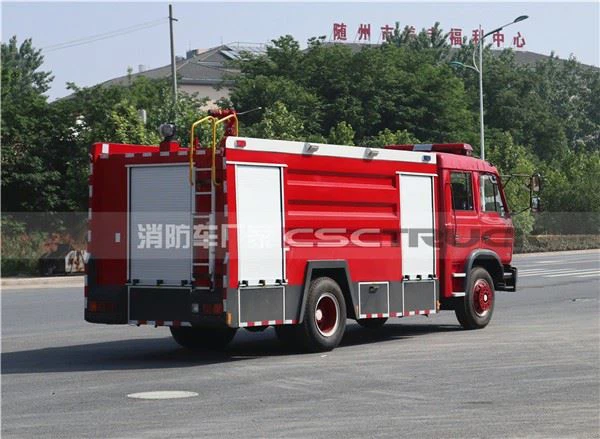
5. How is technology influencing future automobile manufacturing?
Technologies like autonomous driving, electric vehicles, and connected cars are set to reshape the future of the industry.
6. Which automakers are known for their contributions to the history of automobile manufacturing?
Notable automakers include Tesla, Ford, BMW, Toyota, and Volkswagen, each contributing through innovation and production techniques.
